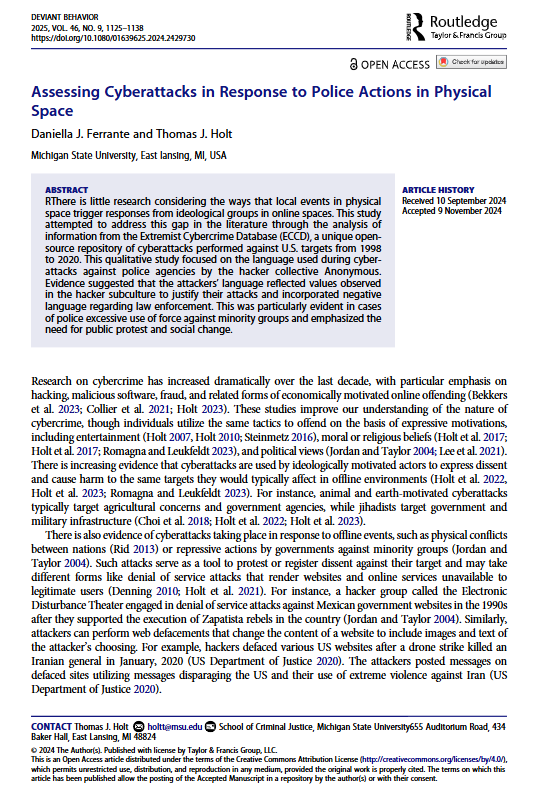By Joanna Dawson
This paper describes the recent history and present status of proscribed organisations under the Terrorism Act 2000 (the “2000 Act”). Prior to the 2000 Act, proscription was exclusively concerned with terrorism connected with the affairs of Northern Ireland. Under the 2000 Act, proscription was extended to include organisations concerned with both domestic and international terrorism. The Home Secretary may proscribe an organisation if they believe it is “concerned in terrorism”. If the Home Secretary believes that an organisation meets this statutory test, they must then decide whether to proscribe the organisation. In doing so, they must take into account various policy considerations. Consequences of proscription The 2000 Act sets out a number of proscription offences. These include belonging to or inviting support for a proscribed organisation; arranging or assisting with the arrangement of a meeting that supports a proscribed organisation; addressing such a meeting; or wearing clothing or displaying articles in public which arouse suspicion of membership or support of a proscribed organisation. It is also possible to impose financial sanctions on proscribed organisations. Current proscribed organisations As of September 2023 there were 79 international terrorist groups proscribed under the Terrorism Act 2000 and 14 organisations in Northern Ireland proscribed under previous legislation. In November 2021 the Home Secretary announced that the Government had laid an instrument to proscribe Hamas in its entirety, ending the distinction between different wings of the organisation. In September 2023 the Government laid an instrument to proscribe Wagner Group, a private military organisation which has acted as a proxy for the Russian state. The Government considers it to involved in committing acts of terrorism, including in relation to its involvement in Russia’s invasion of Ukraine. The Annex to this paper includes a current list of proscribed organisations and a description of their activities. Criticisms of the proscription regime Proscription has been characterised as a powerful deterrent, a way of tackling lower-level support for terrorism, and a signal of rejection by society. But questions have also been raised as to its utility in combating terrorism and its compatibility with the rule of law. The former Independent Reviewer of Terrorism Legislation (IRTL), Lord David Anderson KC, repeatedly recommended the introduction of time limits for proscription orders, as have his successors, Max Hill QC and the current IPTL, Jonathan Hall KC. However, the Government has so far declined to follow these recommendations and currently deproscription is done by way of application only. As a consequence, groups that no longer meet the statutory requirements for proscription continue to be proscribed, a situation described by Lord Anderson as “an affront to the rule of law”.
London: UK Parliament, House of Commons Library, 2024, 70p.






